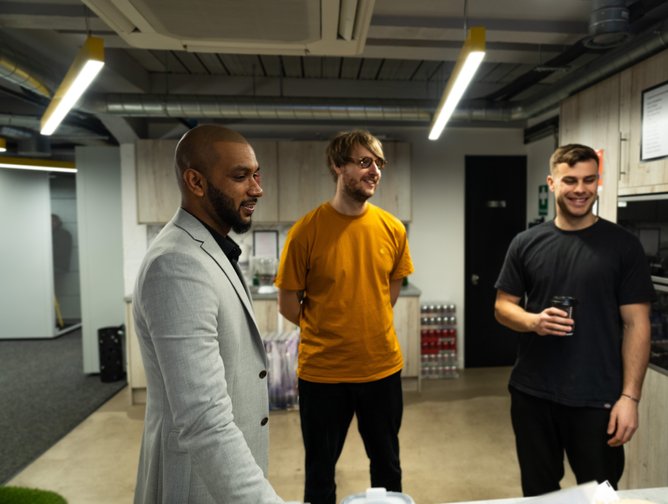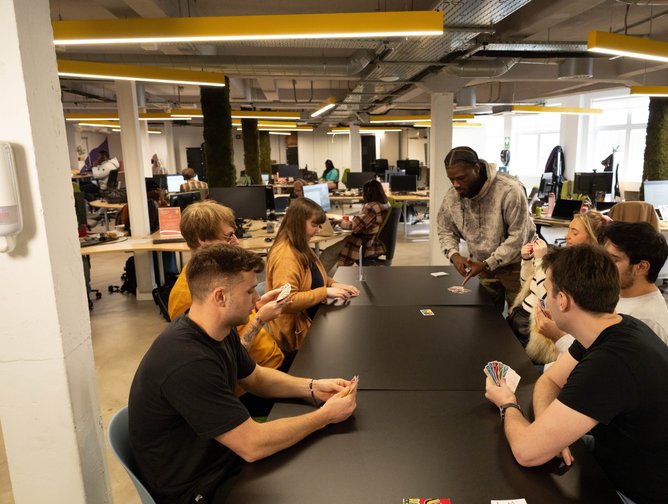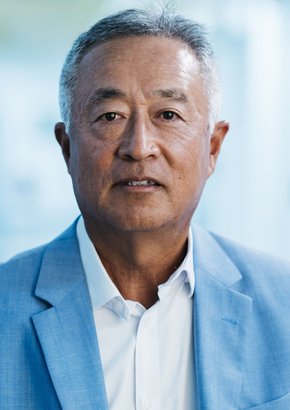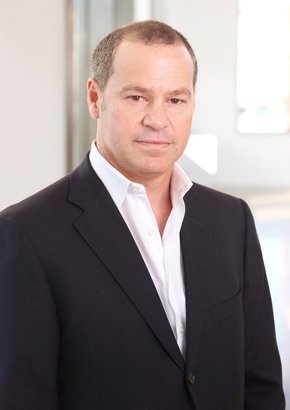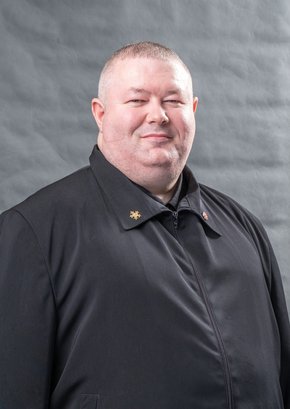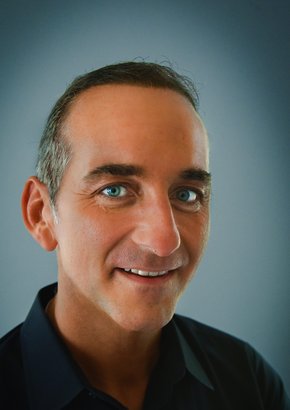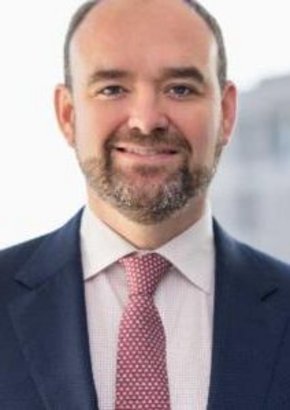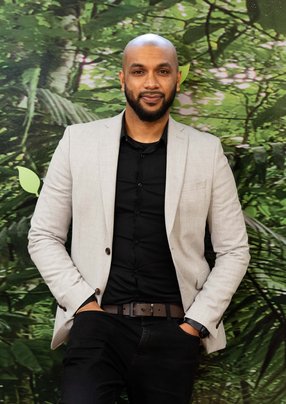
Abdul Khaled
Head of Digital and Customer Experience at E.ON Next

The energy sector today is navigating tough challenges. Fuel shortages and record prices have resulted in a global energy crisis driving up bills for consumers and businesses, while energy suppliers are under greater pressure than ever to consider sustainable energy to meet customer needs.
According to McKinsey, customer expectations are also on the rise, informed by customer experience (CX) leaders in other industries like Amazon, Uber and digitally native companies: all of which offer seamless and personalised experiences.
Amid these challenges, energy suppliers must think differently. E.ON Next, a startup company from the main E.ON Group, was founded with the aim to challenge and innovate the energy space in the United Kingdom.
As Abdul Khaled, the company’s Head of Digital and Customer Experience, explains, E.ON Next was built from the ground up with new direction, leadership and culture, embracing a startup mentality to get closer to customers.
A core principle of E.ON Next, he says, is the mantra of customer-centricity and breaking the barriers between departments and functions. Becoming one organisation working towards a common goal can lead to business success.
Emphasising his passion to build and craft products and experiences, Khaled began his career as a developer. His broad skills and experience have shaped him for the corporate world, working with companies such as Cisco.
Today, looking after a team of product managers, engineers, designers, testers and analysts, Khaled’s current role at E.ON Next utilises his varied background of hands-on engineering, development, design, managing and building products and represents an interesting challenge.
“The industry we're in is very difficult. When I entered it it was a low interest category: getting customers to engage with the energy company is difficult at the best of times. When you add the energy crisis on top of it, it's now not just a low interest category – it's probably looked upon quite negatively by a lot of customers.
“As an industry, I think we've got to hold our hands up and say that we haven't done enough to break some of those myths that are out there. We also haven't done enough to be as transparent as customers need and want us to be, especially through difficult times.”
To help overcome some of these challenges, Khaled has built his team at E.ON Next from the ground up. “We're now a team of over 40, and we will probably end up at 50 by the end of the year. With that comes the empowerment to actually drive and shape the team, which is an immense privilege. It's not an opportunity that you get in many places.”
Building a team which is striving and thriving for excellence is clearly a source of pride. As Khaled describes, building a team with a culture of empowerment and creativity has been key to the organisation’s success.
“Getting people in is one thing, building a culture around it is something else,” Khaled explains. “We've got a culture of enjoyment, of empowerment, of creativity, and it's a really enjoyable place to come and work.”
This approach to the team at E.ON Next has already started to see results. Last year, in its second year of existence, the company was awarded or nominated for five different award categories in the industry. “We've got one of the highest app rating scores in the industry, and we've got one of the highest-rated digital experience scores on Trustpilot,” Khaled adds. “We're really punching above our weight, and we’re seeing great achievements on the back of it. And I think that's always something to be proud of when you can see people really enjoying what they do, delivering results, getting recognition for it and making an impact on customers’ lives.”
**************
Make sure you check out the latest edition of AI Magazine and also sign up to our global conference series - Tech & AI LIVE 2024
**************
AI Magazine is a BizClik brand
